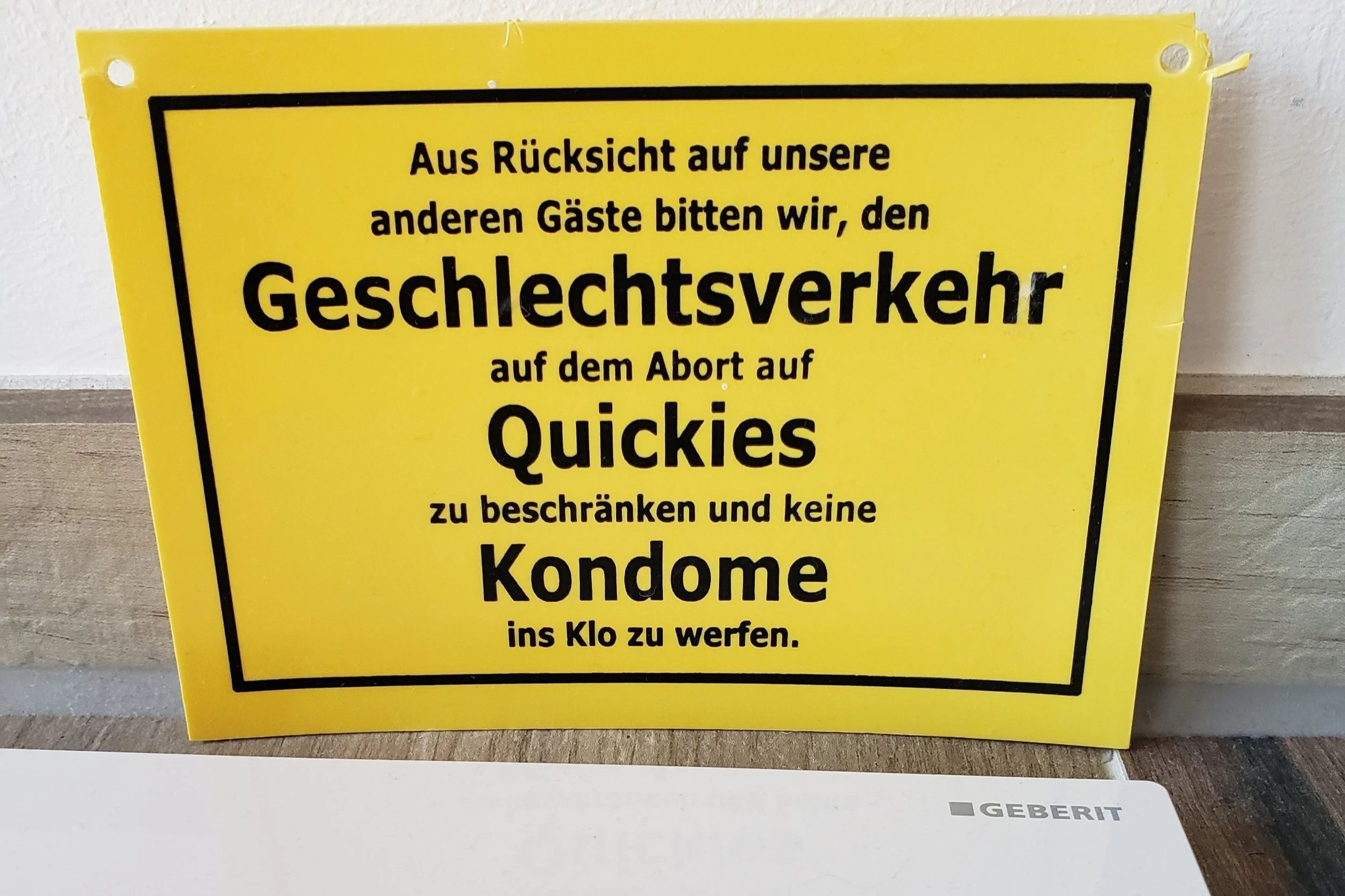5 Habits of a Multilingual
I, Jazz Cole, am a dedicated lifelong language learner. With a total of 10 languages I’ve managed to learn (not fluent in all of them), not to mention that I recently taught myself the Ukrainian alphabet, I’ve seen how my daily habits have influenced my proficiency levels. If you’re frustrated with wanting to learn a new language but aren’t seeing the results yet, be patient with yourself! These things take time! Here are my top 5 habits that have made all the difference over time. If you’re one of those people that just never seem to have time to effectively learn a new language, these are a few simple things that can be incorporated into your life with things you’re already doing.
Changing Device and Account Language Settings
I can’t say this enough! Just do it! I know it’s hard because our phones and even our email accounts are personal to us and it’s hard because you won’t understand everything at first. This is a great way to learn new vocabulary, and as long as you have great translation tools you should be fine. By changing my Google account settings to French, I managed to acquire tons of technical terms to add to my vocabulary. These are words I can use when talking about data, editing documents, presenting information, and more. Your brain is going to absorb it like a sponge over time with repetitive exposure. The next thing you know, you’re reading comprehension will be so good you won’t even have to think about it anymore.
Usage in Personal Writing
I’m sure you’ve written a to-do list or written notes in a class or a meeting…you know? The kind of writing that’s typically for your eyes only? When I was in college, I used to write my notes in French and write in English any words I couldn’t think of on the spot (since note-taking is not a “take your time” kind of task). I also did this so that one classmate that never came to class wouldn’t ask to take pictures of my notes. This doesn’t take much effort because it allows you to practice writing what you know. The goal is to build confidence and if you don’t know certain words, that’s ok! You can skip it or look it up if it really bothers you, but you want to focus on writing in everyday life how you normally would if it was your native language.
Listening to Music You Enjoy
It doesn’t matter what genre of music you listen to, you can always find something out there in your target language. There are tools out there to help you find that kind of music. When you do, you can eventually sing along to the lyrics once you’ve listened to them long enough and it does subconsciously improve your pronunciation. Watching music videos can give you some visual context on what the lyrics are talking about if you don’t fully understand. The point is to make language learning so enjoyable that you don’t even feel like you’re doing anything. You’re most likely going to be listening to music anyways, why not switch the language? Later on, when you meet native speakers, you’ll have something to talk about and maybe they can give you more recommendations. That brings us to the next point…
Actively Seeking out Native Speakers
There are so many apps out there to help you make friends with people who speak your target language. This was how I met a good friend of mine from France on Bumble BFF and sometimes when I write in French on my Instagram, she’ll sometimes send me a DM and correct me. She also shares some cool stuff on her account that help me get insights into her culture and find authentic learning material. There are apps and YouTube channels that allow you to learn from native speakers. I also believe that immersion is the most effective way to learn any language because if babies can do it, then your brain is also capable of handling the challenge to figure it out. You can do it!
Evaluating Constantly
It’s important to make sure you’re constantly evaluating WHY you want to master this language in the first place and placing purpose around it. What do you want to use this language for if you’ve reached C1 or C2? How will this language serve your identity, personal life, career, relationships, and so on? When you have a purpose of why you’re doing something it’s going to make it easier to keep going in the process even if you don’t see results right away.
I hope this helps you change some of your habits so you can become more proficient in your language learning journey. Make sure to check out our exclusive content for more language learning tips and entertainment.

